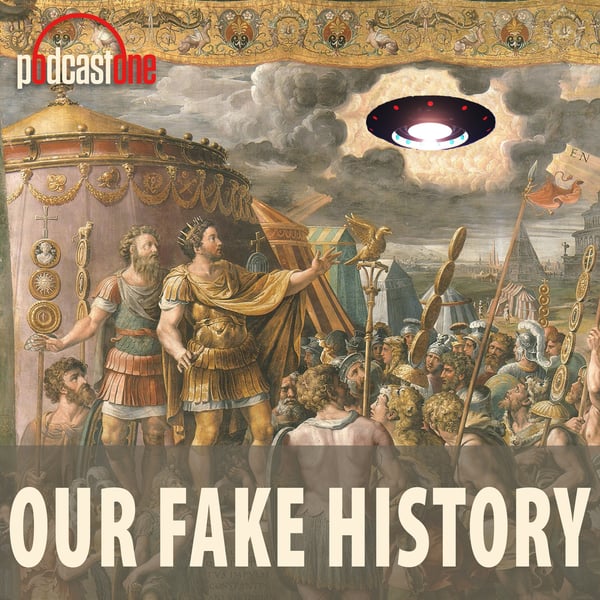Episode #203- What Was the Great East Asian War? (Part III)
Our Fake History
PodcastOne
4.7 • 3.5K Ratings
🗓️ 14 May 2024
⏱️ 125 minutes
🧾️ Download transcript
Summary
Transcript
Click on a timestamp to play from that location
| 0:00.0 | One of the first histories of the Korean Peninsula written in English was published in 1882 by the American scholar William |
| 0:16.3 | Elliot Griffiths. Griffiths chose to call his book Korea the Her Nation, and it reflected an attitude that many Westerners had about |
| 0:26.7 | the Peninsula Kingdom in the late 19th century. Korea was a reclusive place, committed to a centuries-old neo-confucian way of life and style of government. |
| 0:38.0 | It was wary of outsiders and hesitant to engage with a globalizing world. |
| 0:45.5 | From the Korean perspective, engaging with this new world did not necessarily seem like a good thing. |
| 0:53.7 | They had watched as China had been humiliated in the Opium Wars |
| 0:58.0 | and forced into unequal treaties with Western colonial powers. Similarly, Japan had been forced by the Americans to open |
| 1:06.6 | its doors to foreign trade and Western influence, leading to a full-on revolution in that country. The Korean powers at B were happy to stay out of it if they could. |
| 1:20.0 | But by the 1860s this was proving impossible. |
| 1:24.0 | Westerners were at the gate along with the newly emboldened Japanese |
| 1:29.6 | who were looking beyond their home islands for the first time since they'd been forced off the |
| 1:34.6 | Korean Peninsula at the end of the first Great East Asian War. |
| 1:41.0 | The first reports made by Americans and Europeans about Korea in the late 1800s emphasized |
| 1:48.0 | that it was a curious and backwards place, a place that seemed to be frozen in time a strange relic of a past society. |
| 1:57.0 | The Koreans of course did not see it that way. |
| 2:01.0 | They saw themselves as the caretakers of a very specific type of |
| 2:05.4 | neo-confusion civilization. Far from being backwards, they might just be the |
| 2:11.6 | last civilized people on the planet. |
| 2:15.0 | Still, the Western perception that they were an unevolved hermit kingdom stung. |
| 2:22.0 | As the decades progressed Koreans found themselves eager to prove that that was not true. |
| 2:29.6 | Now the one bit of praise for Korean ingenuity that found its way into almost every history of Korea written for a Western audience had to do with a unique piece of naval technology that had gained fame during the First Great East Asian War. |
| 2:46.4 | In the late 19th century Western historians never failed to mention the Gobuxuck son or the turtle ships used to devastating effect |
... |
Please login to see the full transcript.
Disclaimer: The podcast and artwork embedded on this page are from PodcastOne, and are the property of its owner and not affiliated with or endorsed by Tapesearch.
Generated transcripts are the property of PodcastOne and are distributed freely under the Fair Use doctrine. Transcripts generated by Tapesearch are not guaranteed to be accurate.
Copyright © Tapesearch 2025.

